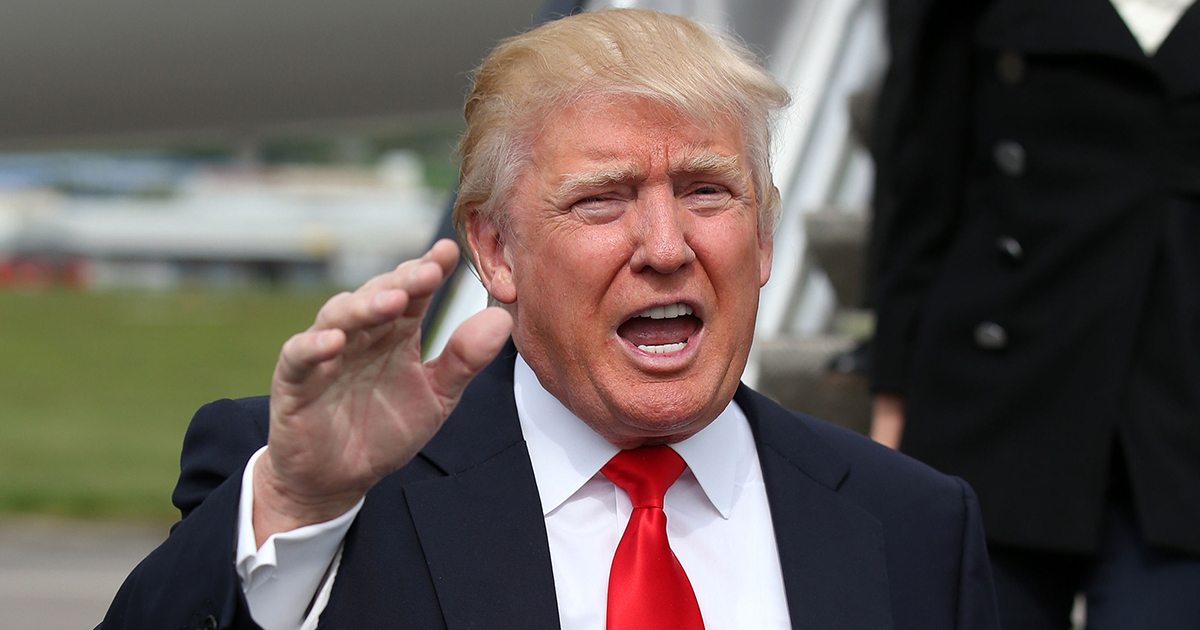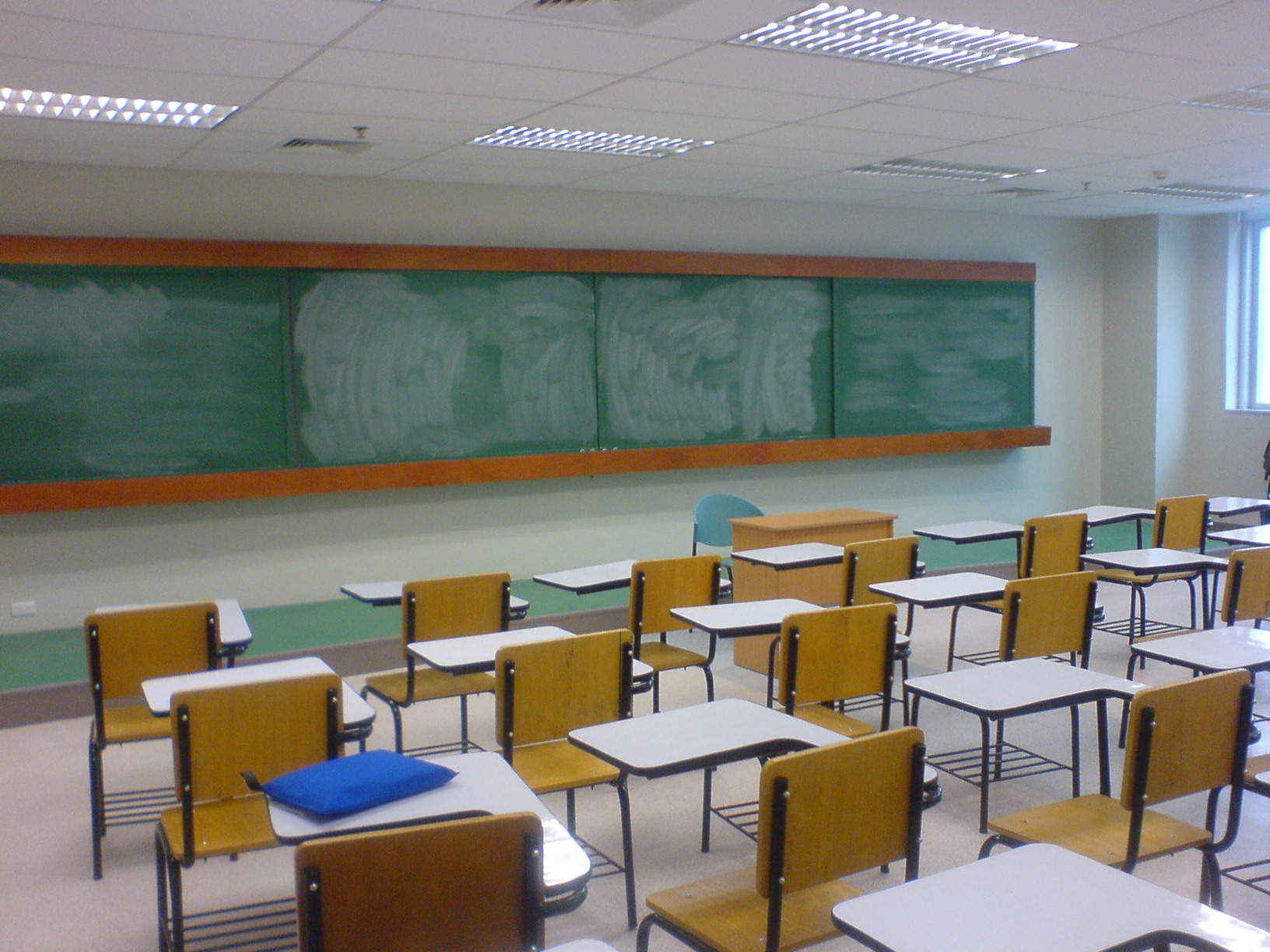How the 2016 Election Is Impacting Children

By:
The divisive rhetoric of presidential candidates in the 2016 election — namely Republican front-runner Donald Trump — is enabling bullying and scaring schoolchildren across the U.S., a recent Southern Poverty Law Center report found.
 AP/Andrew Milligan - apimages.com
AP/Andrew Milligan - apimages.com
A survey of approximately 2,000 K-12 teachers looked at the impact of presidential campaigns on students, revealing "an alarming level of fear and anxiety among children of color and inflaming racial and ethnic tensions in the classroom," the SPLC reports. In certain cases, teachers reported a recent spike in bullying and harassment, believed to be the product of presidential politics.
"The first impact [of the 2016 election] is that many students are really fearful and anxious — particularly immigrant students, but also students of color in general and Muslim students," Maureen Costello, the director of SPLC's Teaching Tolerance and author of the report, told ATTN:. "The other thing that we saw was that it was really influencing student behavior."
"It was emboldening students to taunt others and to inject election language into their bullying," Costello said.
While the report does not explicitly identify any candidates as responsible for these classroom trends, Trump's name appeared in the comments of more than 1,000 teacher surveys. Fewer than 200 comments contained the names of candidates Sen. Ted Cruz, former Secretary of State Hillary Clinton, or Sen. Bernie Sanders.
The idea that campaign rhetoric has bled into American schools is supported by recent stories of harassment and taunting. These types of incidents have been reported in states such as Iowa, where students attending a basketball game chanted Trump's name in an effort to intimate minority players on an opposing team in February. Other examples include the story of a third grader in Virginia, who was identified by his peers as an "immigrant" due for deportation if Trump was elected.
 Wikimedia
Wikimedia
More than two-thirds of the teachers' comments included reports that students (mainly immigrants, or children of immigrants) expressed concern over the fate of their families after the election; more half of the comments detail a rise in "uncivil political discourse"; and more than one-third of teachers said they have observed an increase in anti-Muslim or anti-immigrant sentiment, the SPLC reports.
Costello emphasized the teacher's role in combating these trends.
"It's really important for teachers to reinforce [the idea] that it doesn't matter how the adults are behaving, this is how we're going to behave," Costello told ATTN:. "I think when they're teaching immigrant students and Muslim students, they really have to work on what we call 'anti-bias lessons,' which is getting the [statistics] out there, countering the stereotypes, and talking to kids explicitly about the dangers of stereotyping."
